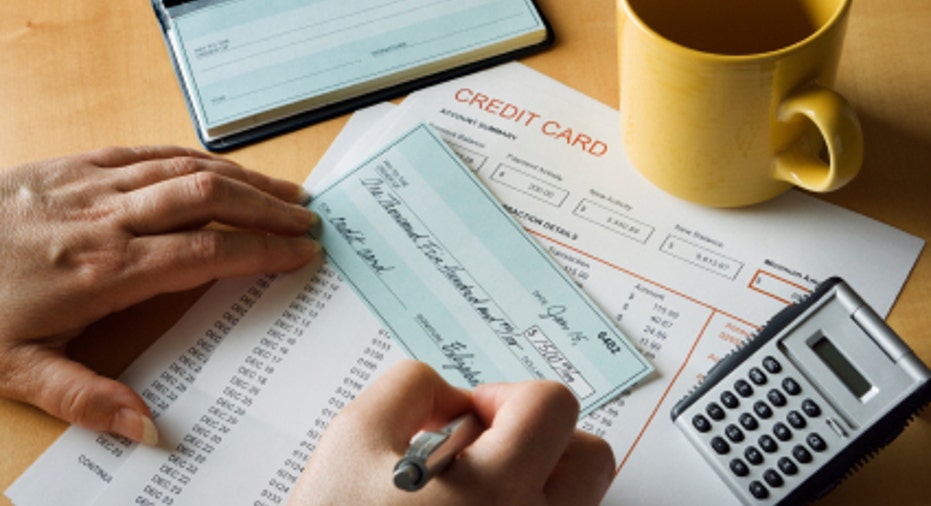Never Trust Roommates to Pay Your Bills

Dear Opening Credits,
I lived in a temporary living situation with three roommates a few years back. A bill was left in my name after I moved out since they were all moving out two months later. I signed a statement with the apartment building stating when I was moving out. The roommates didn't pay their last months' bills, and I wasn't aware of this until the account was in collections. I paid the collection off for them, but it still went on my credit report, even though I hadn't lived there for over two months, when the bill went unpaid. Am I stuck with this on my credit report for seven years or can I fight this?
- Jeff
Dear Jeff,
I wish I had better news for you, but I believe you are stuck with the credit damage brought on by the delinquent bill. The reason? Making sure it got paid is what you -- not your former roomies -- agreed to.
Think back. Long ago, you opened a telephone, power or garbage account so you could get your home up and running properly. Everyone who lived in the apartment pitched in with the bills. You collected the cash and paid this one, though, because only you signed for it.
Sadly, you made a major mistake by leaving the account open after moving out. Sure, you told the apartment owners that you were gone and not liable for the rent anymore, but that had nothing to do with the bill in question.
The guys who you trusted to pay that account -- on time and in full -- did nothing of the sort, and the debt soon landed in a collection agency. When you couldn't be found to make good on the arrearage, the company washed its hands of the uncollected debt by selling the balance to a collection agency.
As soon as the debt was sold to a collector, the collection agency began reporting the account to your consumer credit files, and those reports as well as your credit scores took a serious hit.
Fighting with collectors or credit reporting agencies will do you no good because what happened was true and accurate. The bill did not get paid and it did go to collections. You do have two ways to deal with the damage, though.
- Add impressive and positive information to your credit report. Obtain a credit card and charge with it occasionally, but always pay the bill on time and in full. Or if you need a car and want to finance it, get a loan and make sure you establish a perfect payment history. This way you'll be overriding the negative mark with excellent behaviors.
- Wait it out. You've already paid the debt, so no money is due. Let time heal the damage. The older a satisfied collections account becomes, the less it matters. Eventually it will drop off entirely, and no one will ever be the wiser.
Or you can do both.
Finally, use this experience as a lesson: When you're the sole owner of an account, never again give someone else the opportunity to mess it up.



















